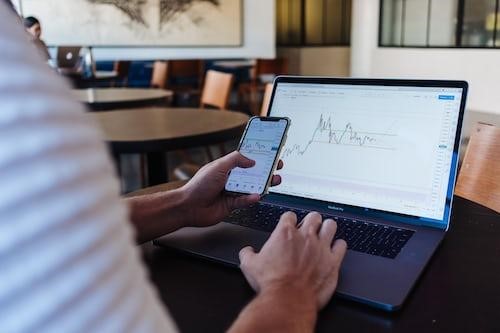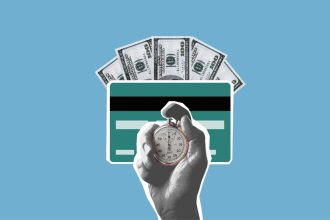Foreign exchange (Forex) allows investors to trade currencies from all around the globe. In order to make money in forex, you should be familiar with currency exchange rates, the economics of the countries whose currencies you are trading, and general trends in the market. Overall, the more knowledge you have, the better. So, let’s have a look at the main notions and tips that may come in handy if you want to dive into this niche.
Choose a Risk Management Strategy
No matter how experienced you are as a trader, it is important to always incorporate some sort of risk management strategy into your trading. This can include setting up stop-loss orders or using leverage cautiously. Check trustedbrokerreviews.com to get more relevant information on this topic.
Stop-loss orders are used to limit the amount of money that you are willing to lose on a trade. If you set your stop loss at 100 pips, for example, your trade will close automatically if the price reaches this level. Leverage allows you to make larger trades with a smaller investment of capital. However, it can also lead to larger losses if used carelessly.
Buying and Selling Currency Explained
In Forex trading, all currencies are quoted in pairs. For example, EUR/USD (euro versus the US dollar) is one of the most popular currency pairs to trade. You will buy or sell a currency depending on whether you think its price will go up or down in comparison to the other currency included in the pair.
In all currency quote cases, the base currency is worth one unit. For example, in the pair EUR/USD, one euro is equal to 1.13 US dollars. If you think that the euro will increase in value against the US dollar, you would buy the pair, which means that you are buying euros and selling dollars. Conversely, if you think the euro will decrease in value, you would sell the pair, meaning that you are selling euros and buying dollars.
Understanding Leverage
Leverage is perhaps the most important aspect of Forex trading. It allows you to open larger positions with a smaller amount of money. The larger your position, the greater your potential profit or loss. Furthermore, leverage can also drastically increase your losses if used improperly. Therefore, it’s essential to be aware of leverage and how it works in order to make the best trading decisions.
Leverage is essentially a loan that the broker gives to you so that you can trade with more money than you have in your account. While this sounds like a great deal, it’s important to remember that leverage comes with risk as well as potential reward.
Take Advantage of Technical Analysis
In Forex trading, technical analysis is a popular way of predicting future price movements. It uses past prices and patterns to forecast market trends. By studying these patterns, traders can make more informed decisions about future trades. Many tools exist that help you analyze the markets, such as trend lines, moving averages, and oscillators. With enough practice and knowledge, technical analysis can be a great way to make money in the Forex markets.

Follow the News and Economic Calendar
It is also important to pay attention to current events and economic news when you are trading Forex. Major events can have a dramatic effect on the market. Among them are:
- central bank decisions;
- political turmoil;
- economic data releases, etc.
If you want to make educated trading decisions, keeping up with the news and economic calendar is essential.
Research Market Trends and Develop Your Strategy
In order to be consistently successful as a Forex trader, you need to understand and follow the market trends. This means that you need to know what is happening in the markets at any given time. You also need to develop a proper strategy. This can include setting rules for yourself on when and how much to trade, as well as defining your goals and risk tolerance levels.
Final Thoughts
Making money in Forex trading requires knowledge, discipline, and patience. You should be familiar with currency exchange rates, the economics of the countries whose currencies you are trading, and general trends in the market. You should also use risk management strategies, such as setting up stop-loss orders and using leverage cautiously. Furthermore, technical analysis can be a great way to make informed trading decisions.















